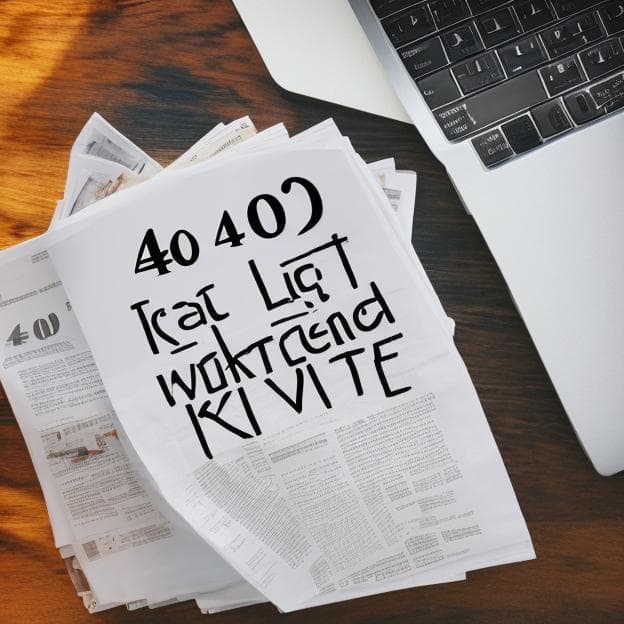500 Credit Score Mortgage Lenders
Securing a mortgage with a 500 credit score is challenging but not impossible. Several lenders cater to borrowers with less-than-perfect credit.

Research topics
Having a credit score of 500 can feel like a significant hurdle when you dream of homeownership. While a score in this range is considered subprime, it doesn't automatically disqualify you from securing a mortgage. The good news is that several lenders specialize in 500 credit score home loans, offering bad credit home financing options. This post will explore your options, demystifying the process of finding a mortgage lender willing to work with your unique financial situation. We'll cover everything from understanding your options to negotiating the best terms. Remember, securing a mortgage with a 500 credit score might require more effort and potentially less favorable terms, but it’s definitely achievable with the right approach.
The Reality of a 500 Credit Score
A 500 credit score indicates significant challenges in your credit history. This could be due to late payments, high credit utilization, bankruptcies, or other negative factors. Lenders view this score as a higher risk, meaning they’ll likely demand higher interest rates and potentially stricter requirements. Understanding the reasons behind your low score is the first step to improving it, even as you pursue home buying options.
Before diving into lender options, it's crucial to analyze your financial picture holistically. How much can you realistically afford? What are your monthly income and expenses? Having a clear understanding of your financial capacity helps you manage expectations and navigate the complexities of the mortgage application process. A strong understanding of your finances is crucial when dealing with mortgage lenders and negotiating the best rates.
Finding Mortgage Lenders for a 500 Credit Score
While traditional lenders might be less willing to work with a 500 credit score, several specialized lenders cater to borrowers with less-than-perfect credit. These lenders often focus on bad credit home financing. Here are some avenues to explore:
The Federal Housing Administration (FHA) insures mortgages, making them attractive to lenders who might otherwise be hesitant to lend to borrowers with lower credit scores. While an FHA loan doesn't guarantee approval with a 500 credit score, it significantly broadens your options compared to conventional loans. However, you’ll likely need a larger down payment, and the interest rates might be higher than for borrowers with better credit.
If you're a veteran, a VA loan could be another pathway to homeownership. VA loans are backed by the Department of Veterans Affairs, and they often have more lenient credit requirements than conventional loans. While a 500 score isn't ideal, the VA loan backing might make you a more attractive borrower to some lenders.
The United States Department of Agriculture (USDA) offers loans to help individuals buy homes in rural areas. Similar to FHA and VA loans, USDA loans have more flexible credit requirements than conventional loans. If you’re interested in a rural property, this could be a viable option to explore. It's important to note the eligibility requirements and geographic restrictions that apply to USDA loans.
Several private mortgage lenders specialize in providing low-credit mortgages to individuals with lower credit scores. These lenders understand the challenges faced by borrowers with a 500 credit score, but expect a higher interest rate and potentially higher fees to compensate for the increased risk. Researching reputable private lenders is key, ensuring they are licensed and operate ethically. It’s worth noting that interest rates in this market can fluctuate significantly. Recently, the Bank of England has been forced to raise interest rates to curb inflation as reported by the BBC, and this will impact the cost of borrowing for anyone with a 500 credit score even more dramatically. It’s vital to compare offers thoroughly before committing.
Before applying for a mortgage, consider strategies to improve your credit score. Paying down existing debts, disputing inaccurate information on your credit report, and establishing a consistent payment history can all contribute to a higher score, making you a more attractive borrower. Even a small improvement in your score can dramatically improve your chances of securing a loan at a more favorable rate. The longer you wait to apply, the more time you have to bolster your creditworthiness.
Understanding the Costs
With a 500 credit score, you should expect higher interest rates, private mortgage insurance (PMI), and potentially higher closing costs compared to borrowers with better credit. It’s crucial to fully understand all the associated costs before committing to a mortgage. The recent economic uncertainty as highlighted by the BBC, has increased the importance of carefully analyzing each offer to make sure it's the right fit for your financial situation.
Home Buying Options with a 500 Credit Score
Securing a mortgage with a 500 credit score requires careful planning and research. You might need to explore different home buying options, such as:
- Smaller down payment: Depending on the lender and loan type, a larger down payment can compensate for a lower credit score.
- Lower-priced homes: Consider homes within a more affordable price range to reduce your monthly payments.
- Negotiating terms: Don't hesitate to negotiate with lenders to secure the best possible terms.
- Seeking financial advice: A financial advisor can help you strategize your approach and find the most suitable home buying options.
The Long Road to Homeownership
While challenging, securing a mortgage with a 500 credit score is achievable. Remember that your credit score isn't the sole determinant. Lenders consider your income, debts, and overall financial stability. Thorough research, careful planning, and realistic expectations are crucial. The current global economic climate as reported by the BBC makes securing a mortgage a more difficult process, so careful financial planning is even more critical. By taking proactive steps and understanding your options, you can pave your way towards homeownership.
Disclaimer: This blog post provides general information and should not be considered financial advice. Consult with a qualified financial advisor or mortgage professional before making any decisions regarding your mortgage.
Posts Relacionados

21 Months 0 Percent Interest Credit Cards The Best Options
Credit cards with 0% interest for 21 months offer excellent benefits, including debt repayment and balance transfers.

401K Loans What You Need To Know
Understand 401k loans, including eligibility, repayment terms, and potential tax implications.

5 Best Term Life Insurance Companies For 2023
Term life insurance provides coverage for a specific period and is typically more affordable than whole life insurance.